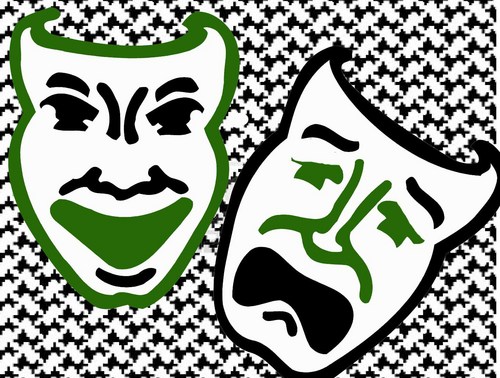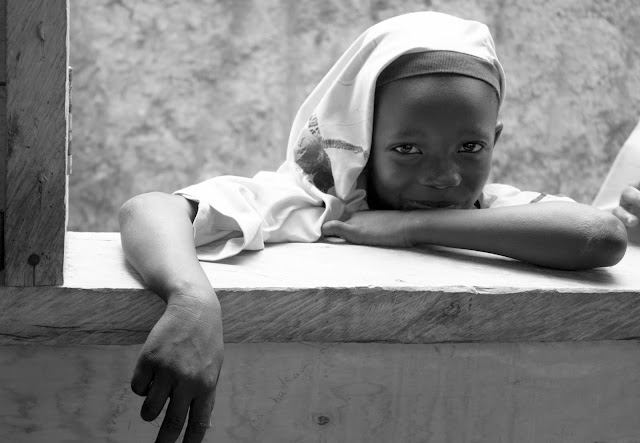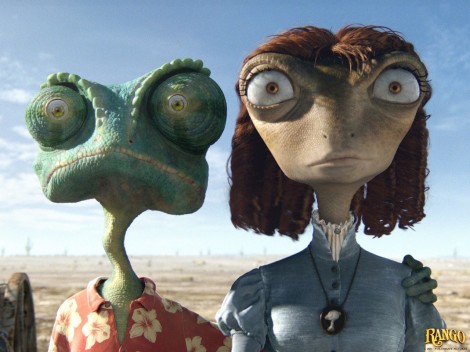Dramedy is tough because the author must establish a fine line between laughs and drama. A big part of a successful dramedy (or any story really) is establishing a tone and keeping it consistent throughout. Part of this is creating reliable characters. If they are, the audience will never question their emotions. Moments whether sad or happy will feel appropriate.
Even with all of these elements, it can still be hard to walk that line between comedy and drama. In "Scout's Honor" we're covering something that isn't necessarily funny: death. While our plot covers a sad part of life, we've been trying to find humor in the situational's, the aftermath. We've tried to create characters that feel real and relatable, however sometimes it can be difficult when the comedic element is added. One of our characters, the attorney, has sort of become our go to guy for comedic relief. In each draft we've tried to work on him so that his character feels multi dimensional and real, not just funny. Once again we had to go back to this character's situation and use that to justify his actions, trying to make them consistent with his predicament. As we work to complete our script we're focusing hard on finding a reliable tone.
One of the things that got me thinking more about the line between comedy and drama, is the netflix show "BoJack Horseman". I started watching this show about a week ago and have already finished the first season. I had heard good things about it, but my expectations weren't exactly through the roof. I liked the premise and most of the voice actors working on it, but otherwise I didn't think it would be much more then an easy to watch comedy. The first couple episodes were about what I expected; funny, decent plot, enjoyable enough to keep watching. As I got deeper into season 1, I was surprised to see storylines carry over episode to episode. Plot points started to get darker and the character emotions became relatable. This is when it really started to differentiate between other adult cartoons such as "Bob's Burgers" and "Family Guy." While it continued to make me laugh, the 2nd half of season 1 really pulled me in with the dramatic aspects. "BoJack Horseman" began to waver between comedy and drama. And while you can't really sell it as a drama, you can't discount the dark moments that resonate with the viewer. In one of the later episodes in season 1 there is a scene where BoJack takes too many drugs and begins to hallucinate. At coming off as funny, his hallucinations take a reflective turn as BoJack starts to visualize what his life would be like if he had a family, if he made different choices. He sees how happy he could have been before he wakes up outside a gas station collapsed in the pouring rain. As silly as the show can sometimes be, this scene really resonated with me. With graduation a year away, I'll soon have a lot of tough decisions to make as I pursue a career and a family. Each of these choices I make could have a ripple effect on the rest of my life. And while these are things everyone will think about at some point, it was this "comedy" "BoJack Horseman" that got me looking to the future.
Dramedies are awesome in that they can connect with the viewer in all kinds of ways. If done right they can connect with all kinds of emotions. Make you laugh, make you cry, and more then anything make you think.









